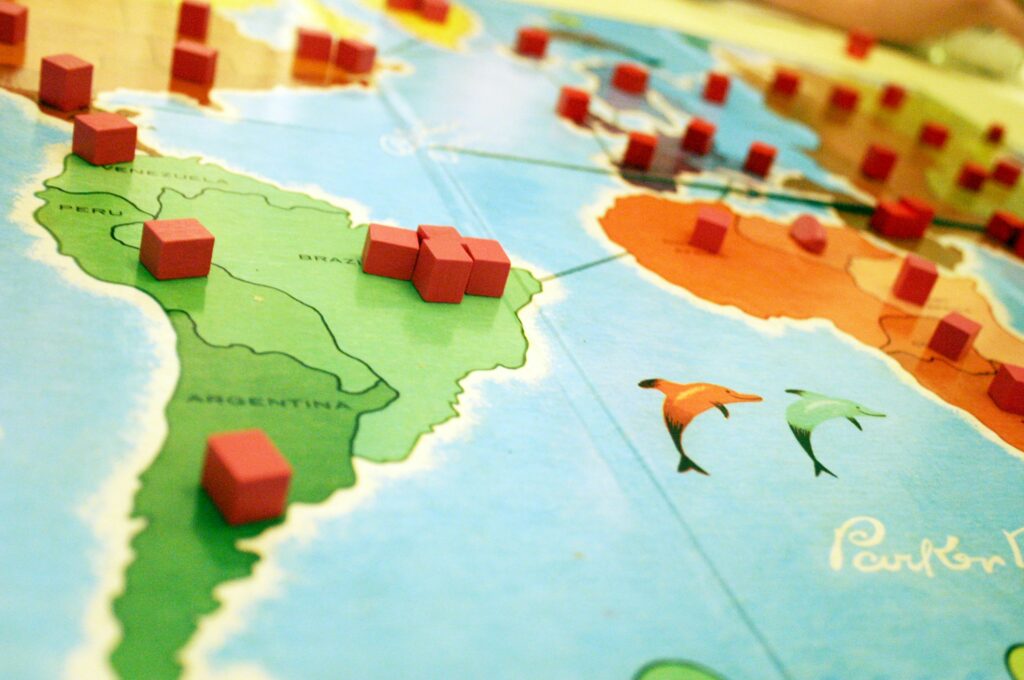this excerpt is an example of how contributes to the catastrophe in romeo and juliet
Each character and decision is a brick in the wall that closes off escape. Here’s how to trace excerpts to the final loss, supporting each claim with evidence and logic.
Tybalt and Mercutio’s Fight
Tybalt, the reason that I have to love thee doth much excuse the appertaining rage…
Romeo’s refusal to fight Tybalt (spoiler: they are now inlaws, thanks to his secret marriage to Juliet) is misread by the watching crowd and Tybalt himself. Mercutio answers with ridicule and violence.
Contribution: This excerpt is an example of how contributes to the catastrophe in romeo and juliet. Mercutio’s death and Romeo’s ensuing revenge—killing Tybalt—make Romeo’s banishment unavoidable, shattering the possibility of a secret but safe married life.
Juliet’s Desperation and the Friar’s Plan
If in thy wisdom thou canst give no help, / Do thou but call my resolution wise, / And with this knife I’ll help it presently…
Juliet’s threat of suicide drives Friar Laurence into desperate innovation—a fakedeath potion.
Contribution: This excerpt is an example of how contributes to the catastrophe in romeo and juliet. It sets into motion a highrisk deception with immense potential for failure, hinging on undeliverable letters and perfect timing.
Capulet’s Intense Wedding Plans
But fettle your fine joints ‘gainst Thursday next, / To go with Paris to Saint Peter’s Church, / Or I will drag thee on a hurdle thither.
Capulet’s forceful advance of Juliet’s marriage to Paris removes her agency, ensuring her isolation and the necessity for dangerous ploys.
Contribution: This excerpt is an example of how contributes to the catastrophe in romeo and juliet. Juliet, trapped between family and love, is funneled into hiding, lying, and trusting her fate to a friar’s scheme.
The Critical Miscommunication
Unhappy fortune! … The letter was not nice but full of charge / Of dear import…
The Friar’s vital letter fails to reach Romeo due to quarantine, leaving him unaware that Juliet’s death is only apparent.
Contribution: This excerpt is an example of how contributes to the catastrophe in romeo and juliet. Communication failure guarantees Romeo acts on false information, sealing both lovers’ doom.
The Final Misunderstanding
Here’s to my love! O true apothecary! / Thy drugs are quick. Thus with a kiss I die.
Believing Juliet is dead, Romeo poisons himself. Juliet wakes too late, sees Romeo dead, and finishes the tragedy.
Contribution: This excerpt is an example of how contributes to the catastrophe in romeo and juliet. Misreading the situation—driven by a chain of missteps—ensures that two lives are lost to haste and misunderstanding.
Reading Discipline: Defending Your Analysis
Strong essays answer “this excerpt is an example of how contributes to the catastrophe in romeo and juliet” by:
Pulling specific quotes—don’t just summarize. Connecting each action or event to a subsequent block or escalation. Showing that tragedy isn’t caused by one act, but by repeatedly missed chances to intervene, clarify, or delay. Situating character inside structure—Romeo, Juliet, the Friar, and Capulet all make moves that, however justified at the moment, add up to final tragedy.
Thematic Synthesis
Haste: Young love and old grudges move unchecked. Secrecy: Every kept secret multiplies risk. Authority and Powerlessness: Parental rule and city law squeeze all space for compromise. Miscommunication: A single lost letter can outweigh the best intentions.
Each excerpt you analyze is a stitch in the play’s tragic fabric. Collectively, these small moments—”this excerpt is an example of how contributes to the catastrophe in romeo and juliet”—prove that Shakespeare constructs doom one discrete choice at a time.
Final Thoughts
Tragedy is made, not suffered. Each excerpt, when mapped to Romeo and Juliet’s outcome, teaches the value of structure, routine, and thought before action—in fiction as in life. Analysis with discipline respects both Shakespeare and the complexity of cause and effect. Tragedy is not a single point; it is a system—understand each contribution, and you understand why the play endures.





